Featured Image: Fabian Bodet


What’s the point in a hard-earned summit when you can’t rip the descent? Scott’s Superguide Freetour is light and agile on the way up but compromises nothing on the down. It’s the ski pro rider Sam Cohen uses 90 percent of his inbounds days, especially when he’s sending rowdy lines off Alta’s Wildcat chair. He’s been with Scott for seven years and says the Superguide Freetour is his favorite ski he’s used. Period.
“It’s the perfect ski because it’s light enough to do anything and go all day, but it’s still stiff and beefy enough that you can ski more of a big-mountain style,” says Cohen. “I really like to work the skis and see how much they can handle—they’re burly for their weight. I’ve hit big jumps, pillow lines, everything in the Wasatch and also skied spine runs up in Alaska.”
Switzerland-based Scott Ski Product Manager, Franz Marsan, credits the unique wood core, which features a hybrid of Paulownia and Beech wood with carbon fiber and aramid stringers along the full length of the ski to stiffen it without adding weight. The strategically-placed strips offer torsional rigidity with an incredible strength-to-weight ratio.
“They’re light, but there’s no compromise,” says Marsan. “It’s a ski that’s versatile but the response, rebound and energy is unlike any touring ski I’ve ever built. You put weight on it, and you get a response.”
The flagship product of Scott’s ski-touring line, which launched two seasons ago, the Superguide also comes in 95 mm and 88 mm iterations. The new Superguide Freetour is designed to be more user friendly and forgiving, but its consistency keeps it appealing for high-end skiers. “It’s easier to ski for everyone,” says Cohen. “It can still do everything and, now, it’s more stable at high speed.”
Additional ingredients in the recipe include a new rounded tip shape and 3Dimension Touring Sidecut. “Underfoot, there’s no sidecut,” says Cohen. “It makes the ski so stable”.
While ski companies chase trends and go through rosters of athletes, Cohen says its Scott’s authentic mountain culture that keeps its products at the forefront. “It’s a very progressive company,” says Cohen. “It’s such a diverse team of designers in the U.S. and Europe. Everyone at the company is a well-rounded skier. And they test skis with everyone from the marketing guys to full-time Chamonix guides. There’s a lot of hard data used in the process but, at end of day, skiers will make the skis. Scott is pretty much nailing it.”


![[DEEP DIVE] Scott Superguide Freetour Review](https://www.datocms-assets.com/163516/1751501299-touring_action_image_scott_sports_wintersports_2020-2021_by_fabian_bodet_036.jpg?auto=format&bg=FFFFFF&w=100)
![[DEEP DIVE] Scott Superguide Freetour Review](https://www.datocms-assets.com/163516/1751501299-touring_action_image_scott_sports_wintersports_2020-2021_by_fabian_bodet_036.jpg?auto=format&bg=FFFFFF&w=1200)
![[GIVEAWAY] Win a Legendary Ski Trip with Icelantic's Road to the Rocks](https://www.datocms-assets.com/163516/1765233064-r2r26_freeskier_leaderboard1.jpg?w=200&h=200&fit=crop)
![[GIVEAWAY] Win a Head-to-Toe Ski Setup from IFSA](https://www.datocms-assets.com/163516/1765920344-ifsa.jpg?w=200&h=200&fit=crop)
![[GIVEAWAY] Win a YoColorado X Coors Banquet Prize Package](https://www.datocms-assets.com/163516/1764877349-long-live-local-cooler-bag2.jpeg?w=200&h=200&fit=crop)
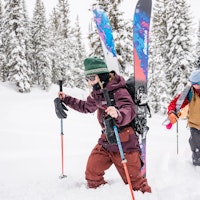
![[GIVEAWAY] Win a Legendary Ski Trip with Icelantic's Road to the Rocks](https://www.datocms-assets.com/163516/1765233064-r2r26_freeskier_leaderboard1.jpg?auto=format&w=400&h=300&fit=crop&crop=faces,entropy)
![[GIVEAWAY] Win a Head-to-Toe Ski Setup from IFSA](https://www.datocms-assets.com/163516/1765920344-ifsa.jpg?auto=format&w=400&h=300&fit=crop&crop=faces,entropy)
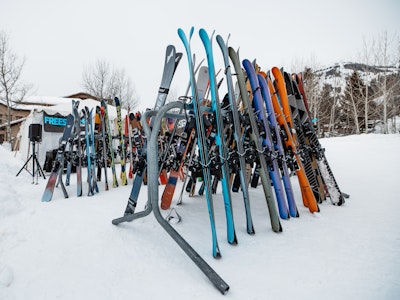
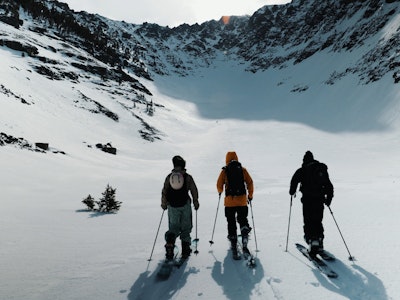
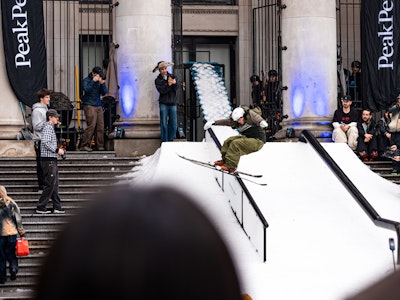
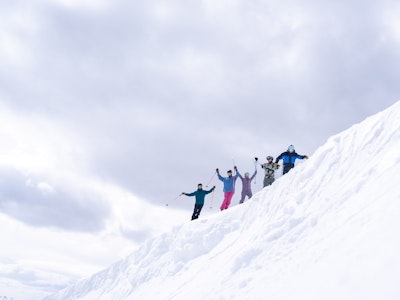
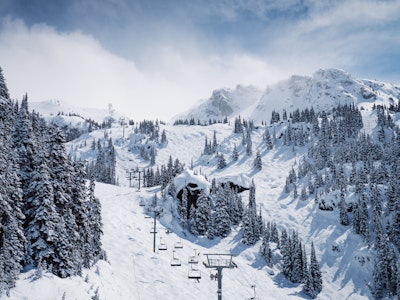
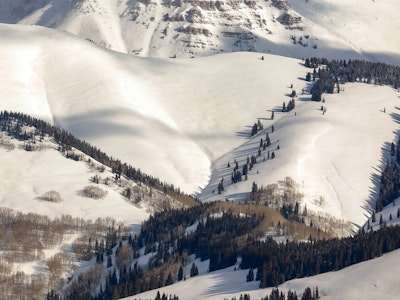
![[DEEP DIVE] Scott Superguide Freetour Review](https://www.datocms-assets.com/163516/1751501299-touring_action_image_scott_sports_wintersports_2020-2021_by_fabian_bodet_036.jpg?auto=format&bg=FFFFFF&w=2000)